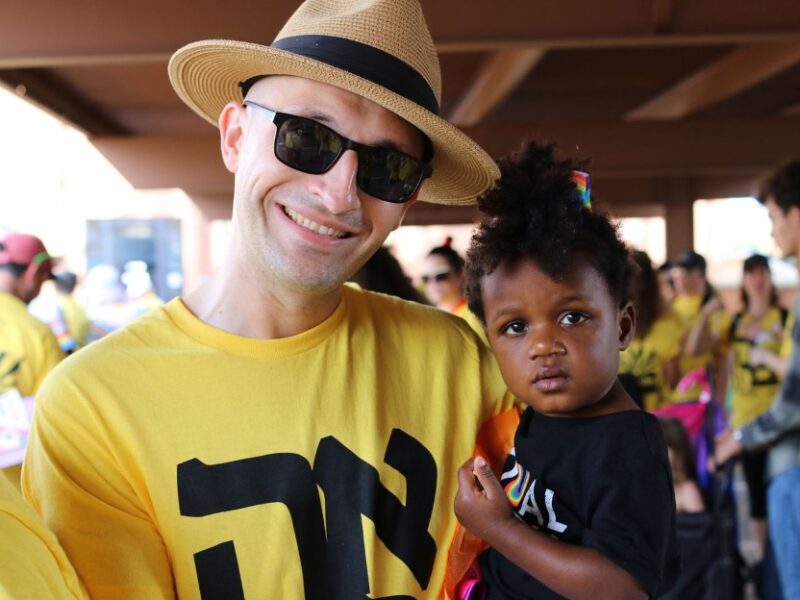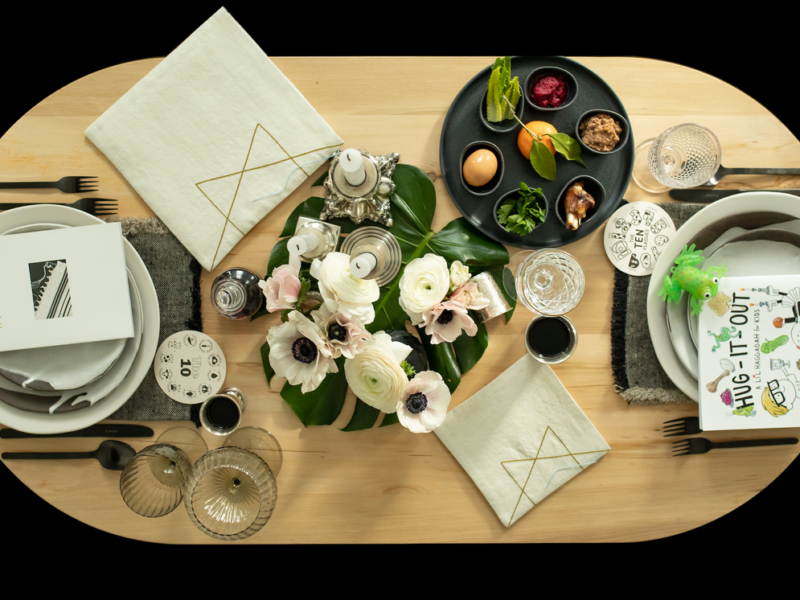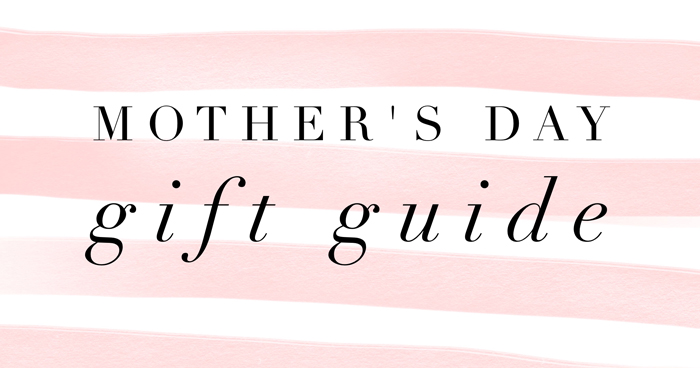The first time I saw a mikvah, I had no idea what it was. My college roommate took me to a small building behind her synagogue that looked like a dilapidated storage unit. We entered a dimly lit area where a small, green-tiled pool dominated the shabby room. It was hardly appealing, and I was shocked when she told me that Jewish women immersed themselves in it before they got married. “My mother told me that the rain waters that fill it are like the mystical waters of Eden,” she told me as we left.
A decade later I read the Ritual Bath, a mystery by Faye Kellerman. I was intrigued by her descriptions of Orthodox women who went after dark to bathe in the sacred waters. But not for a single moment did I imagine that I would do the same. Several years later I made a life-altering decision: I decided to leave my law practice and pursue my passion for Jewish learning. I wanted to do something special, something spiritually significant, to elevate my choice into something more than just a career change. That’s when it hit me. I would begin my journey into Jewish learning by preparing myself in a very Jewish way: I would study the texts about mikvah and I would go.
To this day, that first step stands out as one of the highlights in my quest to find ways to live a meaningful Jewish life. Traditionally, mikvah was a thoroughly private practice, one that Jewish women didn’t talk about “in mixed company.” But along with other traditional Jewish rituals that are being redefined today, there is renewed interest in mikvah observance as modern Jewish women discuss, explore and participate in the mikvah experience.
The laws of family purity, or taharat ha mishpacha, date back to Biblical times. There are a lot of misconceptions about these laws, which have been viewed as primitive and demeaning to women. But traditional views of mikvah reflect a positive lens by which to view Jewish women and the Jewish family. Leviticus 18:19 and 20:18 prohibit marital relations during a woman’s menstrual cycle and for seven “spotless” days thereafter. A woman goes to the mikvah to become spiritually pure, not physically clean, as those who misunderstand the ritual suggest. If we understand menstruation as a reflection of a woman’s unique potential to create life, then we can appreciate a ritual that honors the renewal of a woman’s capacity to conceive.
Mikvah attendance requires conscious, vigorous preparation including bathing, washing and combing the hair, cutting fingernails, and removing all jewelry, makeup or anything that is a barrier between a woman and the mikvah waters. It gives a woman the opportunity to luxuriate in being “squeaky clean” and offers a time to focus on the miracles of being a woman. Traditionally, the mikvah is used by both men and women for various purposes including conversions, kashering utensils and purifying oneself after coming into contact with a ritually unclean person or item.
Today, Jewish women are reclaiming the mikvah experience to celebrate important lifecycle events and provide meaningful rituals in times of loss, tragedy and sickness. Women also go to the mikvah to mark the onset of menopause, the end of a marriage, a trip to Israel and, in my own case, a change in careers. Arizona has several mikvahs in both the Tucson and Phoenix areas that offer comfortable and welcoming environments. Best of all, mikvah is an equal-opportunity mitzvah that can be experienced by any Jewish woman willing to learn about and engage in this meaningful tradition.
Amy Hirshberg Lederman is an author, Jewish educator, public speaker and attorney. Her columns have won awards from the American Jewish Press Association, The Arizona Newspapers Association and the Arizona Press Club for excellence in commentary. Visit her website at amyhirshberglederman.com.





